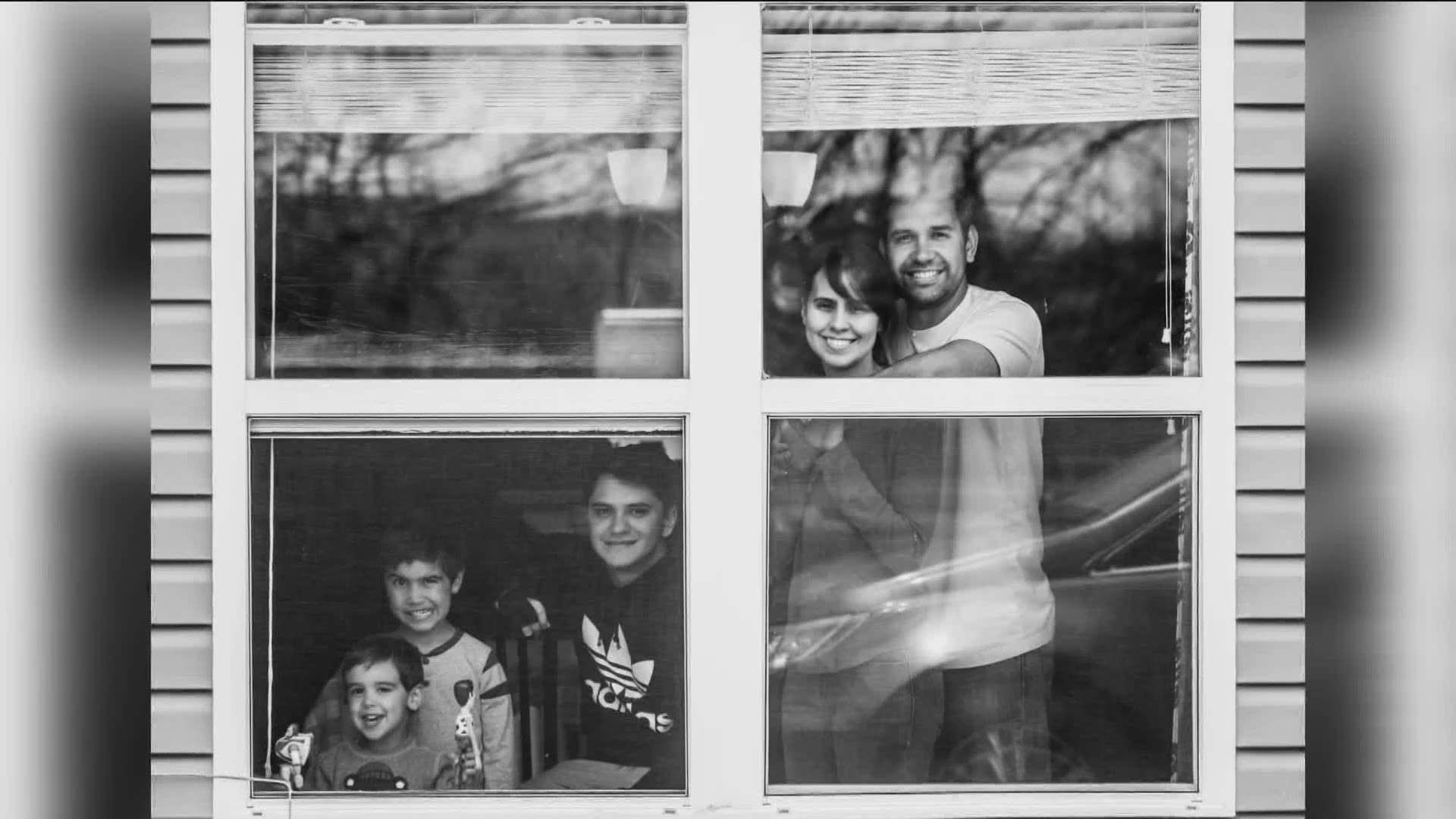OTTAWA — Canada is ill-prepared for the second wave of COVID-19, says a Senate committee, calling on the federal Liberals to deliver a plan by Labour Day to help people and communities hit hardest by the pandemic.
Seniors, in particular, are a focus of the report from the Senate’s social affairs committee, from those in long-term care homes to those with low incomes.
Just this week, the Liberals rolled out one-time special payments of $300 to the more than six million people who receive old-age security, and $200 more for the 2.2 million who also receive the guaranteed income supplement.
The income supports are meant to help seniors facing increased costs as a result of the pandemic, such as more frequent prescription fees and delivery charges for groceries.
Senators on the committee wrote of evidence of “financial insecurity and increased vulnerability” for low-income seniors as a result of the first wave of the novel coronavirus.
A potential second wave, which could coincide with the annual flu season that starts in the fall, would make the situation even worse for these seniors “without concrete and timely government action,” the report says.
Senators say the Liberals should deliver a plan to help low-income seniors, among other populations vulnerable to economic shocks like new immigrants, no later than the end of August, and contain short- and long-term options.
The report also says the federal government needs to pay urgent attention to seniors in long-term care homes where outbreaks and deaths in the pandemic have been concentrated.
The document made public Thursday morning is the committee’s first set of observations on the government’s response to the pandemic, with a final report expected later this year.
Before then, the Liberals are planning to provide another economic update like the one delivered Wednesday, or possibly a full budget. The government shelved plans to deliver one at the end of March when the House of Commons went on extended hiatus due to the pandemic.
The long-awaited economic “snapshot,” as the Liberals styled it, said federal spending is closing in on $600 billion this fiscal year. That means a deficit of $343 billion, fuelled by emergency pandemic aid that the government budgets at over $230 billion.
The Chartered Professional Accountants of Canada said the spending figures demand a “full and transparent assessment” to see what worked, what didn’t and what needs to change for an economic recovery.
Hassan Yussuff, president of the Canadian Labour Congress, said the Liberals should take back up their promise to create a national pharmacare system as the government considers its next steps.
A federal advisory council last year calculated the cost of a program at over $15 billion annually, depending on its design.
“The last thing we want to have is Canadians in frail health as we’re dealing with this pandemic and I think the government really needs to think of that,” Yussuff said in an interview Wednesday.
“Had it not been for the health care system we have right now,” he added later, “think of how this country would have fared in this pandemic.”
The Senate committee’s report also notes the national emergency stockpile of personal protective gear like masks, gowns and gloves wasn’t managed well over the years, nor sufficiently stocked when the pandemic struck.
Committee members added concerns that military members could be deployed without sufficient personal protective equipment because of “inconsistencies from international procurement.”
This report by The Canadian Press was first published July 9, 2020.
Jordan Press, The Canadian Press














